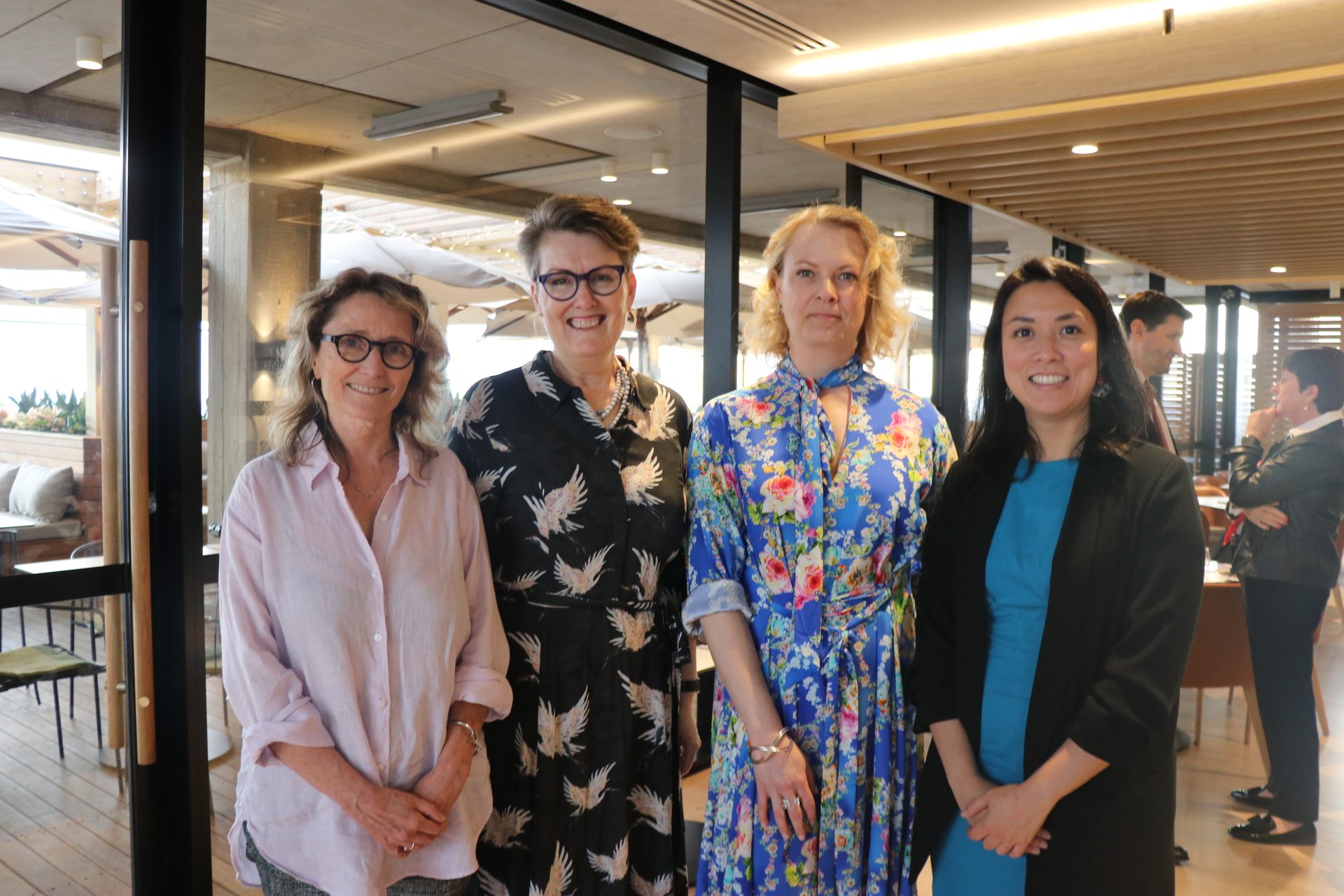
Launch - A Call to Action: Sex and gender in health research: updating policy to reflect evidence
On the 25th of November key researchers instrumental in the conception of “A Call to Action: Sex and gender in health research: updating policy to reflect evidence”, met to celebrate the publication of the paper in the Medical Journal of Australia The ‘Call for Action’ asks major Australian research institutions and bodies to update their policies to better reflect evidence and improve health outcomes.
A growing body of research shows that across a broad range of health areas, data has been collected from men and generalised to women. Research shows that this approach is no longer appropriate and failing to account to for the differences in the way men and women experience common diseases and respond to therapies can result in inappropriate treatment and poorer quality of care,” explains one of the lead authors Dr Cheryl Carcel, Clinical Research Fellow at The George Institute for Global Health
Dr Zoe Wainer, Head of Public Health and Medical Director at Bupa Australia said “We couldn’t have gotten the paper published without decades of work that goes before us from the likes of Professor Mark Woodward and Associate Professor Jo Wainer, and many others - we stand on the shoulders of these pioneering giants.”
Professor Louise Chappell, Director of the Australian Human Rights Institute, UNSW said that this issue is a matter of human rights as it affects the healthcare of half of the population of Australia.
Professor Robyn Norton AO co-founder of The George Institute for Global Health emphasised the importance of partnerships in the health research community saying that this call to action is just the beginning.
Professor Vlado Perkovic Dean of UNSW Medicine also showed his support and asked the important question of how institutions such as universities can better help change this disparity in practice.
By incorporating sex and gender dimensions in health research we increase understanding of the risk factors and causes of disease and how best to prevent and manage conditions, as well as reduce potential harms for women and men. Therefore, developing policies and practices to facilitate incorporating sex and gender dimensions in health research are important to enable the best outcomes.





